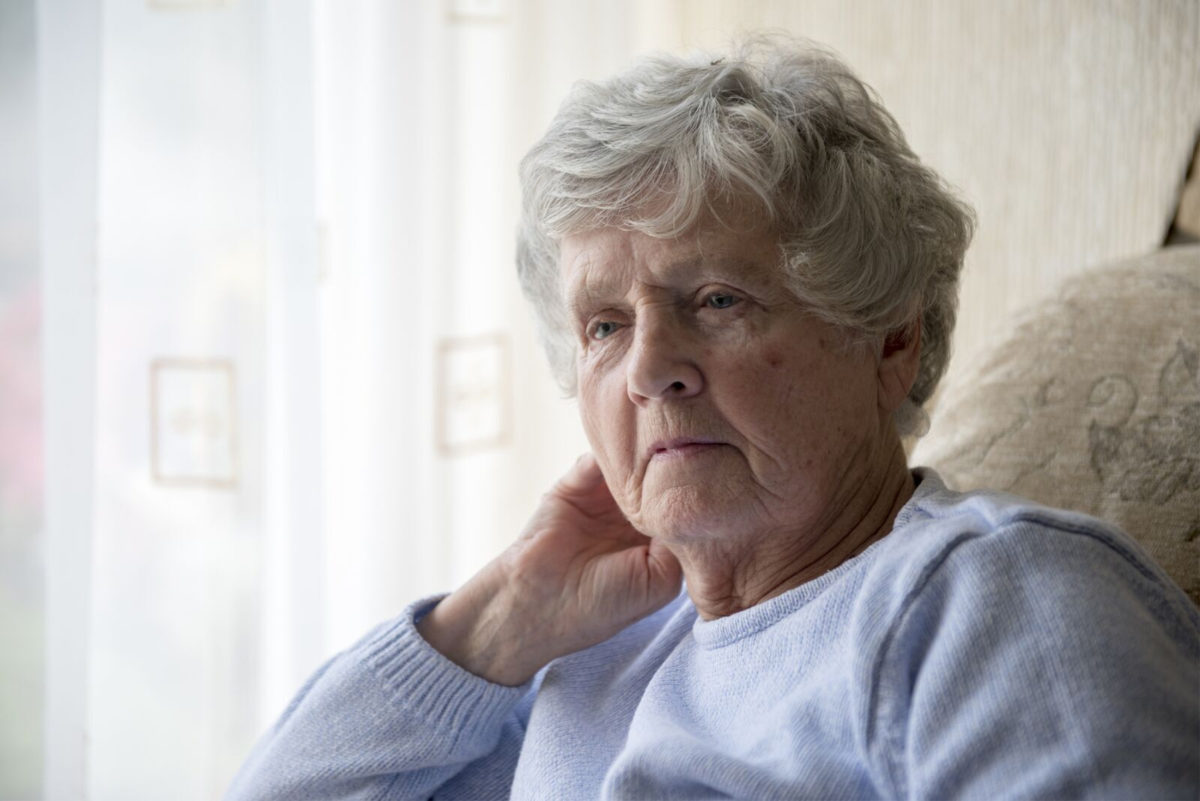Is There Really a Right or Wrong Way to Process Grief?

Lots of times family members dealing with a loved one passing away worry that they’re processing their grief the right way. If that sounds like what you and your family members are going through, it might help to know that there’s no one size fits all for grieving.
There’s No Timetable
You or others might feel that grief is only “acceptable” for a certain span of time. But everyone grieves in different ways and at different speeds. That ends up meaning that grieving might take you more or less time than it takes someone else. Some people never get past their grief. Caregivers often find that because of their situation giving care before their senior passed that they begin to grieve a little sooner than other friends and family members might. This is anticipatory grief, and it also has its own timetable.
Grief is a Hodgepodge of Emotions
Grief isn’t a simple emotion that only encompasses one feeling. You might be sad, angry, and relieved, all at once. While that sounds like it’s impossible, there are so many different aspects that factor into the group of emotions that make up your brand of grief in this situation. Other family members will be grieving, too, but their brand of grief might be made up of slightly different emotions than yours. They might not understand as easily your relief that your senior is not in daily pain anymore, for instance.
Crying Isn’t an Accurate Gauge for Grief
If you’re not crying, but think that you should be, you might want to rethink that. Tears aren’t the only way that people grieve. You might cry or you might not, but neither mean you’re not grieving properly. You might find that you’re dealing with a lot of the practical aspects of your senior’s passing and that doesn’t leave time for you to cry right now. Afterward, that might change.
Everybody Needs a Helping Hand Sometimes
You’re likely going to need more assistance than you realize during this time. There’s emotional and hands-on support and both are going to make life easier during this transition for your senior. End-of-life care providers can help you and other family members to find the emotional assistance you need. They can also help you to keep up with other tasks that need to be handled.
You’re not going to get grief wrong or right when all is said and done. What’s really important is that you pay attention to what you need and try to meet those needs as well as possible.




 CHAP Accredited
CHAP Accredited